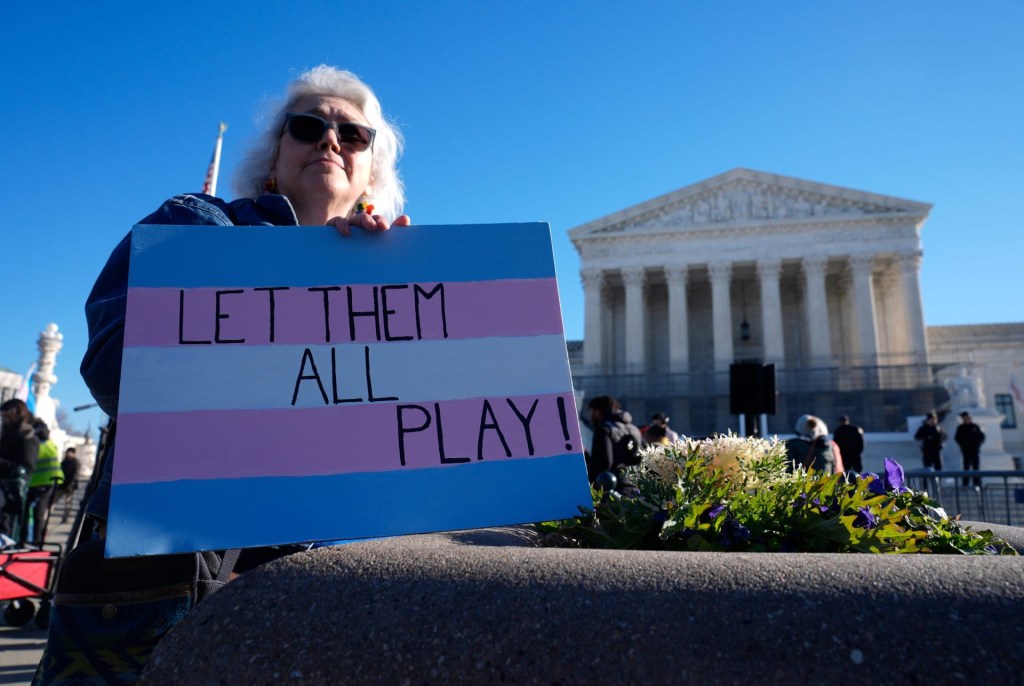On August 27, the Enhanced Games filed a lawsuit against several major global sports bodies, claiming they were illegally blocking athletes from participating from the event—slated for 2026—that plans to allow athletes to use performance-enhancing drugs.
Experts interviewed by Front Office Sports say the Enhanced Games organizers might have a case.
A 73-page complaint, filed in New York federal court, alleges that World Aquatics, USA Swimming, and the World Anti-Doping Agency are breaking antitrust law by telling athletes not to participate in the competition.
(The Enhanced Games are open to both doping and non-doping participants.)
The competition claims the three defendants have staged an illegal boycott of their competition by threatening to disqualify or jeopardize the swimming careers of any athletes or staff who engage with the Enhanced Games. All three organizations have spoken out against the Enhanced Games. World Aquatics has said individuals who “support, endorse, or participate” in them will be banned from its competitions.
“If the basis for disallowing the individual is that they have competed in a rival game, that sounds like a group boycott and a restraint of trade and a reasonably easy case for an antitrust violation,” Marc Edelman, an antitrust expert and sports law professor at Baruch College and Fordham University, tells Front Office Sports.
The Enhanced Games is seeking at least $200 million in damages, but a press release says that figure could rise to “at least $800 million after statutory trebling, punitive damages awards, and the recovery of attorneys’ fees.” (Statutory trebling means that damages can be tripled in antitrust cases.)
Aron D’Souza, founder of the Enhanced Games, tells FOS that “hundreds” of athletes, particularly swimmers, have reached out through their website or social media to express interest in his brainchild. “Call any swimmer in the world, they know about us, they know what we’re doing. But for World Aquatics’ draconian position, they would be competing,” D’Souza says.
The Enhanced Games claim the governing bodies’ threats illegally block swimmers from making money, and that the federations are unjustly using their monopoly on global swimming “to kill off” the potential competitor.
“For elite international swimmers, they have the right to participate in multiple markets so they can maximize their compensation,” D’Souza says. “By foreclosing competition, [World Aquatics is] reducing the ability of elite swimmers to increase their compensation through fair and protective market competition.”
The sports experiment is taking the legal action ahead of its planned debut in Las Vegas in May of next year. So far only five athletes and two coaches have committed to participate. The Enhanced Games claims to have a “potential prize purse of $7.5 million for just a single day of competition.” According to the group’s website, the Las Vegas event will feature swimming, track and field, and weightlifting events over a course of four days. On top of appearance fees, the Enhanced Games says it will pay $500,000 for each event’s prize purse with half of that going to for first place, $250,000 for breaking a world record, and $1 million for breaking the world record in either the 50-meter freestyle in the pool or 100-meter sprint on the track.
The group said one swimmer, Kristian Gkolomeev, has already broken two world records and was paid $1 million.
“The case does present a viable antitrust theory,” Christine Bartholomew, a professor of antitrust law at University at Buffalo School of Law, tells FOS. “Boycotts can be illegal under the Sherman Act. The tricky part for the [group boycott] claim is proving the defendants actually agreed rather than acted unilaterally. Whether there are sufficient allegations of an agreement is a frequent question on a motion to dismiss. I anticipate the defendants will raise that challenge as the case proceeds.”
A spokesperson for World Aquatics said Friday that the organization had not been served the complaint. “World Aquatics has not been notified of any such lawsuit and therefore has no comment at this time,” they said. The 2025 World Aquatics Championships in Singapore had a total prize purse of over $6 million.
A spokesperson for WADA said the organization has no comment on the lawsuit, but criticized the pro-doping competition.
“Speaking generally about the Enhanced Games, it should come as no surprise to anyone that WADA would wish to promote the health and wellbeing of athletes, as well as the fairness of sporting competition, by condemning the Enhanced Games as a dangerous and irresponsible concept,” the spokesperson told FOS in a statement. “The physical and mental toll that performance-enhancing drugs have taken on athletes over the years has been substantial. People have died.” (The Enhanced Games claims in the suit that its program includes an “extraordinary level of in-depth medical monitoring and follow-up.”)
Representatives for USA Swimming did not respond to requests for comment.
Like other sports in the Olympic pipeline, swimming flows through sanctioned federations and governing bodies. USA Swimming holds the Trials meet where American swimmers qualify for the Olympics; World Aquatics runs the every-other-year world championships and oversees the sport at the Olympics.
“That is the weapon that the Olympic world has,” sports antitrust attorney Mark Levinstein tells FOS. “If you control the Olympics and you control all the major competitions that feed to the Olympics, and all the events of the national governing bodies that are part of the Olympic movement, and you can say, ‘If you do whatever it is you’re going to do, you’ll be banned from all of that,’ that’s a powerful weapon.” (Levinstein previously represented Lance Armstrong, among the most notorious dopers in sports history.)
“When an organization has monopoly control over a market, it cannot exercise that power to the detriment of the competition of the market,” D’Souza says. The suit claims World Aquatics has a history of shutting down competition, saying the organization has “borrowed from the same playbook” it used to discourage athletes from participating in the International Swimming League.
While the ISL’s antitrust lawsuit was initially dismissed, that ruling was successfully appealed in September 2024 when the Ninth Circuit found ISL had raised a “triable issue” over whether World Aquatics had committed an organized group boycott. In July, the swimmers involved with the case settled with World Aquatics, but the ISL’s antitrust claims will proceed to trial in January. The league has been on hiatus since 2022 while investor funds have been withheld due to the Russia–Ukraine war.
D’Souza initially announced his vision for competition without drug testing in 2023 with the goal of staging an event the following year. He got support from several venture capitalists including billionaire Peter Thiel—whom D’Souza convinced to back Terry Bollea, known professionally as Hulk Hogan, in his invasion of privacy suit that ultimately bankrupted Gawker Media.
Donald Trump, Jr. has also bought into the project through his investment firm 1789 Capital. The president’s son has said the Enhanced Games “represent the future” and he “couldn’t be prouder to support this movement that is changing sports forever.”
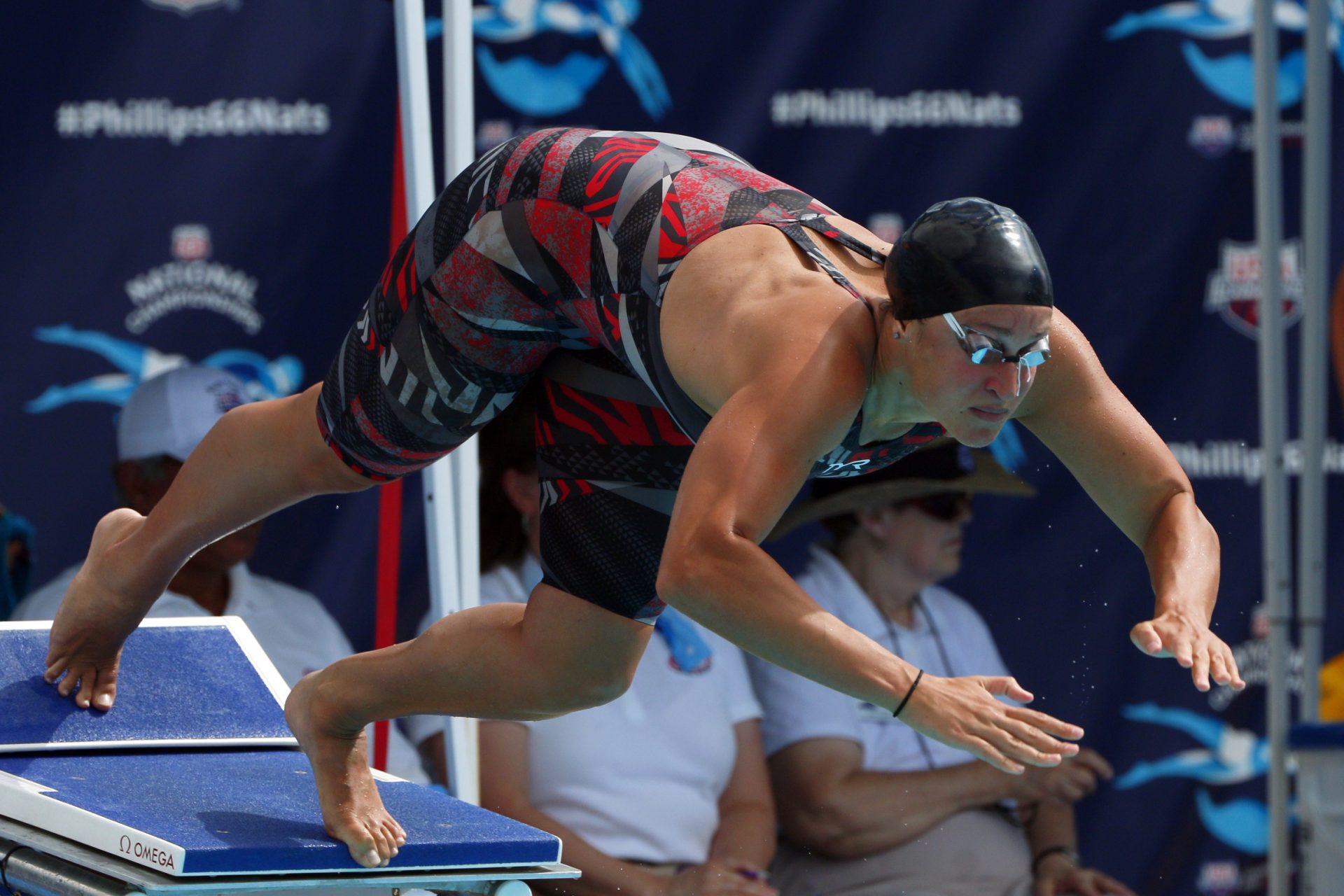
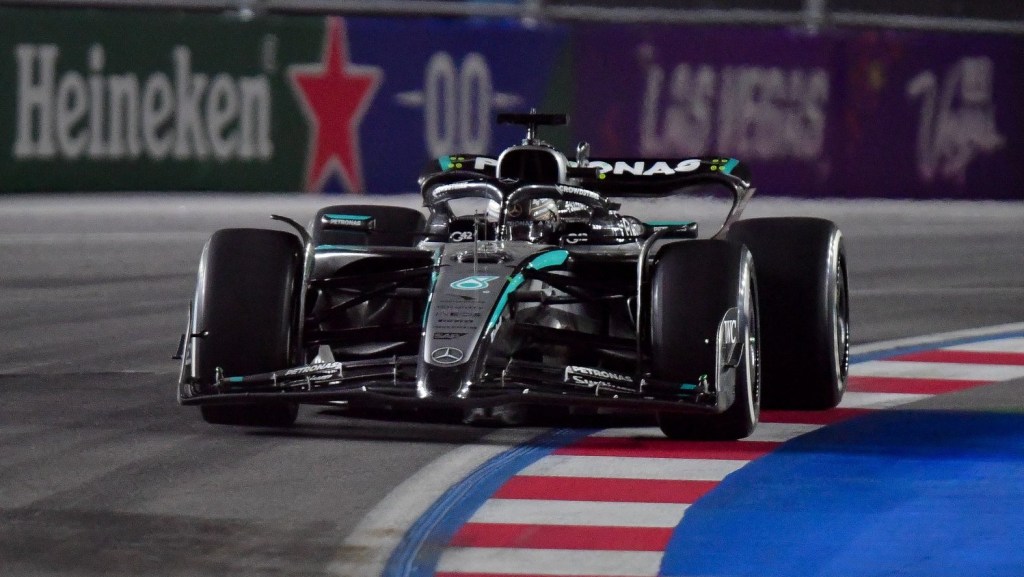
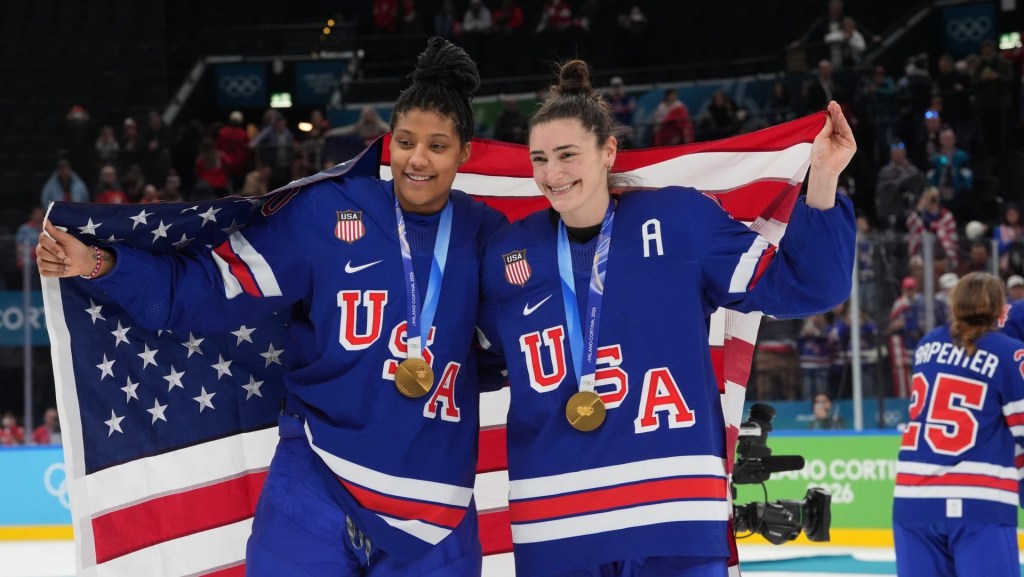
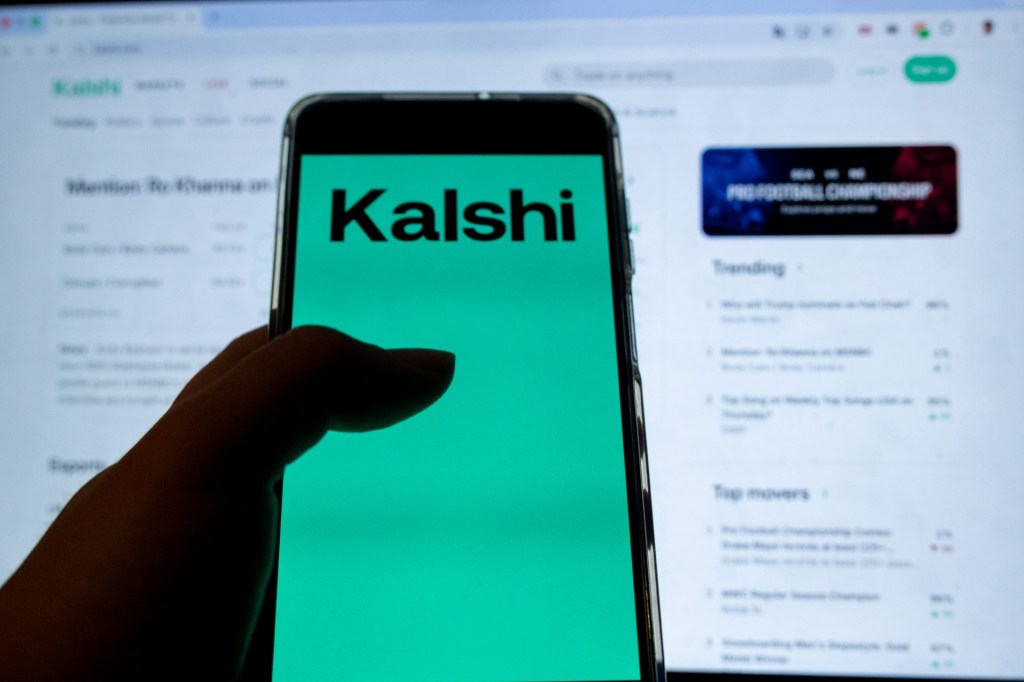
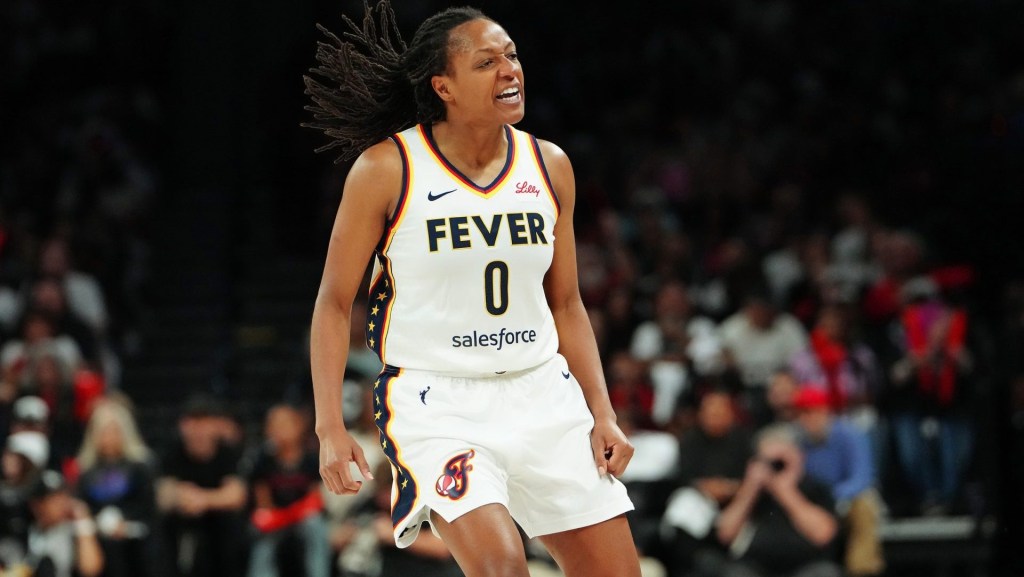
![[Subscription Customers Only] Jul 13, 2025; East Rutherford, New Jersey, USA; Chelsea FC midfielder Cole Palmer (10) celebrates winning the final of the 2025 FIFA Club World Cup at MetLife Stadium](https://frontofficesports.com/wp-content/uploads/2026/02/USATSI_26636703-scaled-e1770932227605.jpg?quality=100&w=1024)










